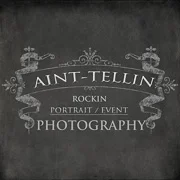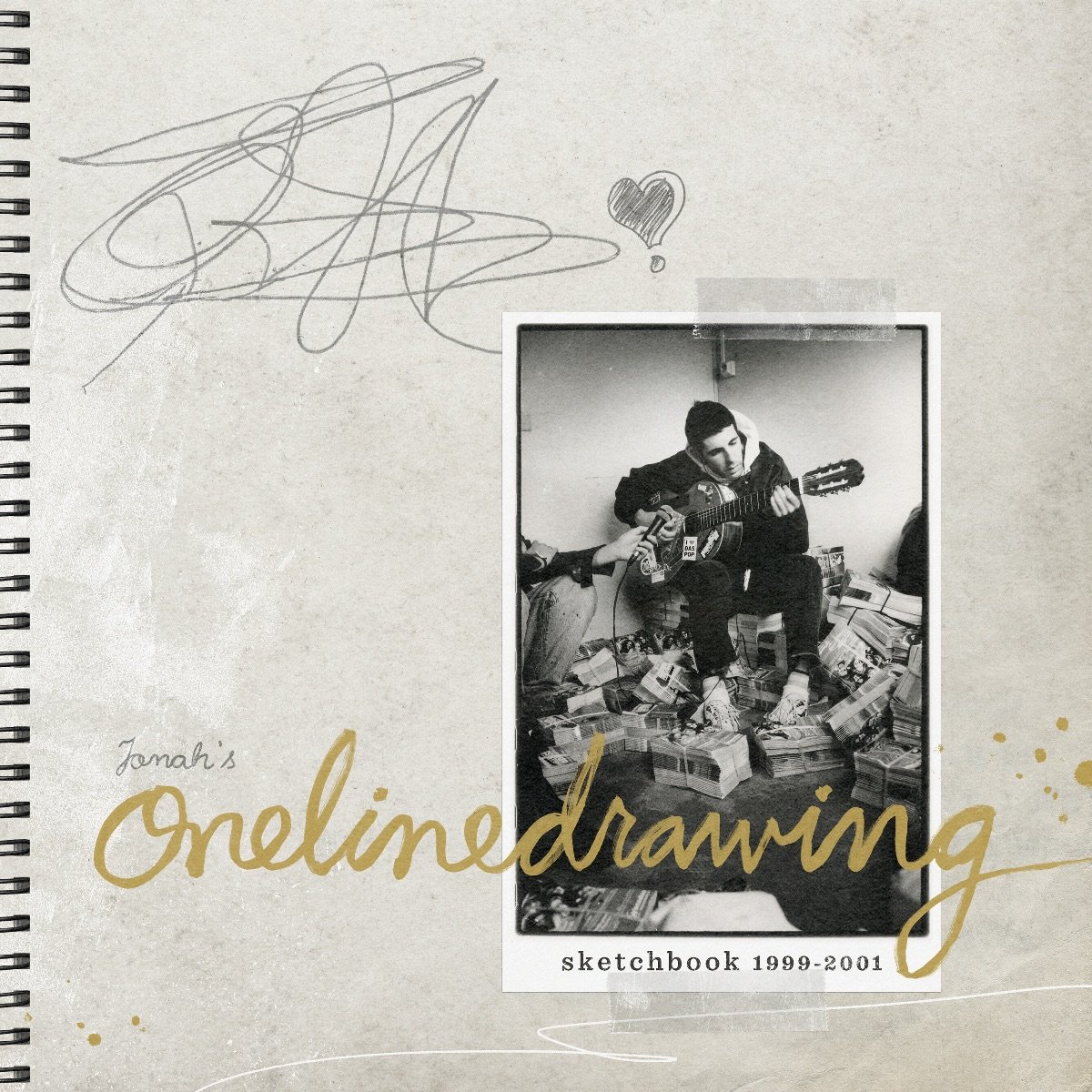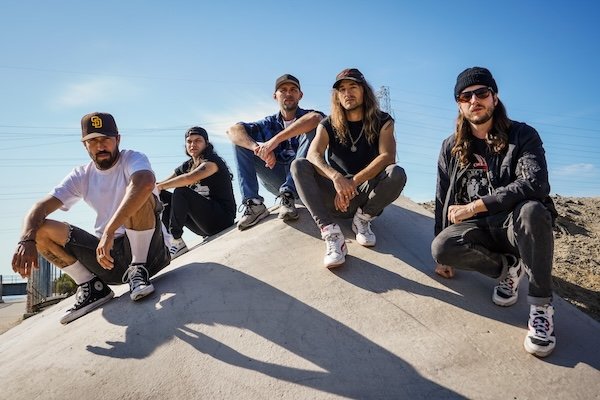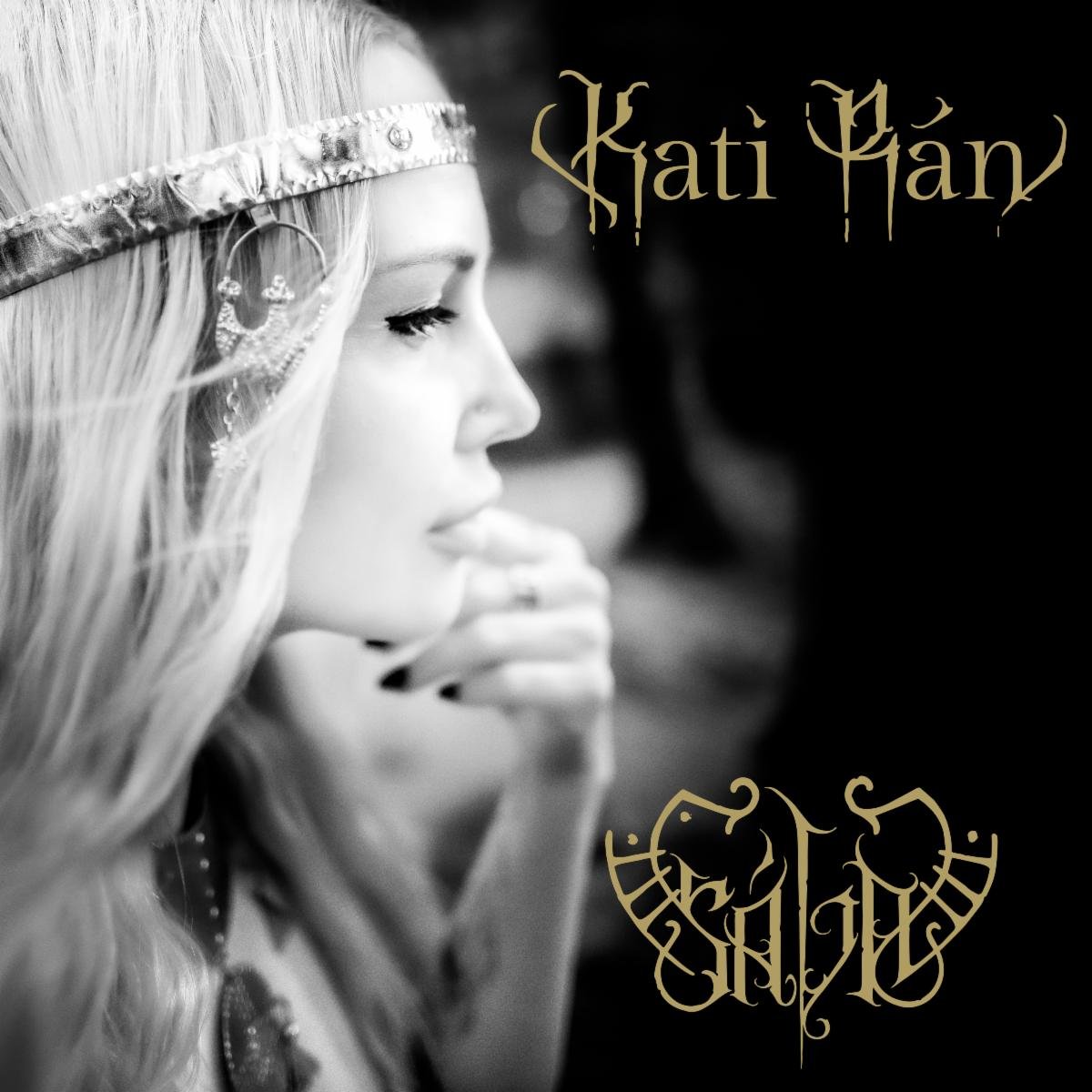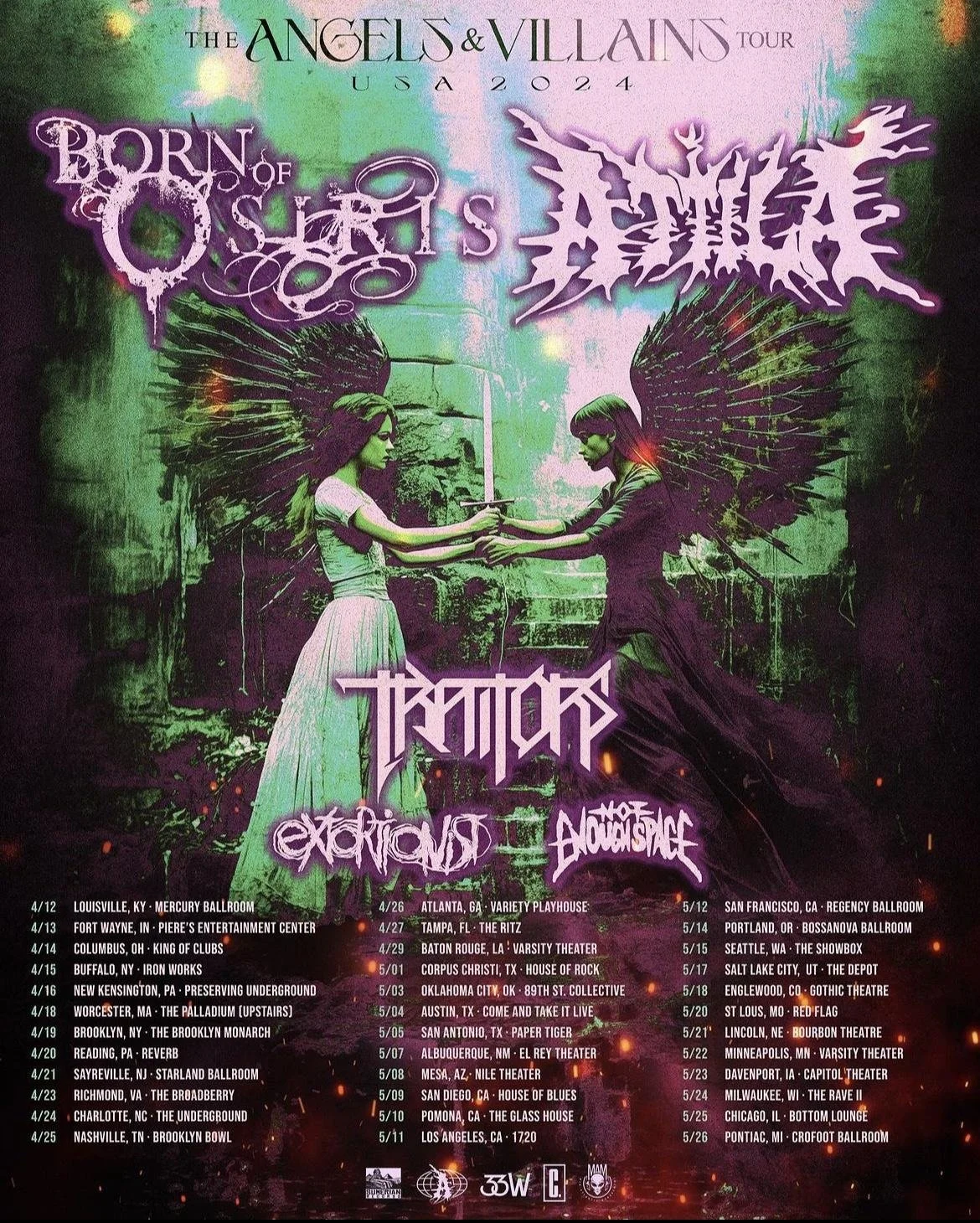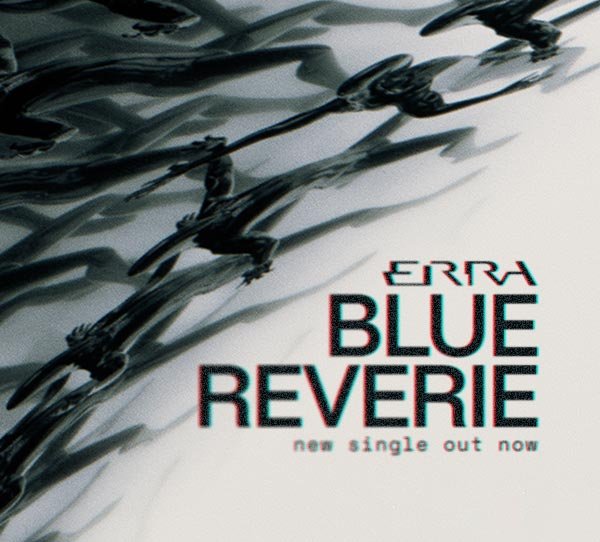Founded in New York around 2018/2019, Folterkammer, or “Torture Chamber,” is the operatic black metal outfit that is redefining modern music. This ingenious band seamlessly fuses beauty with brutality. A combination of raw passion and technique contributes to the epic nature of Folterkammer’s dark art. Their work is both nostalgic and remarkably fresh. Yes, Folterkammer fuses various musical traditions and genres to craft an unparalleled experience.
Folterkammer is composed of Andromeda Anarchia on vocals, Zachary Ezrin on guitars, Darren Hanson on guitars, Laurent David on bass, and Brendan McGowan on drums. Both Anarchia, who hails from Switzerland, and David, who was born in Paris, divide their time between Europe and Brooklyn. Thus, even though the group can be described as international, Anarchia states: “It took New York to create Folterkammer.” Her project Andromeda Anarchia’s DARKMATTERS acted as the catalyst that brought her to the Big Apple, where she met Ezrin. Many metalheads already know that Anarchia has appeared as a guest on the three most recent albums by Ezrin’s brainchild Imperial Triumphant — a leading avant-garde band that marries extreme metal, jazz, classical components, etc. McGowan has also provided guest vocals for Imperial Triumphant, and Hanson lent his songwriting excellence to their 2012 instrumental track “Scaphism.”
Ezrin, McGowan, and Hanson have a wealth of shared history. These friends attended college together in California, where Hanson and Ezrin studied classical composition. Thus, much of Folterkammer’s orchestration is classically based. Hanson harbors a special love of Baroque music and knows precisely how to expertly wed it with his passion for black metal. Folterkammer was actually conceived when Ezrin proposed that Anarchia collaborate with him on some of Hanson’s material. Ezrin writes killer riffs and more for the band. McGowan was invited to join Folterkammer on Hanson’s wise suggestion. His drums are perhaps the heaviest element keeping one of Folterkammer’s limbs firmly anchored in traditional black metal. McGowan mines inspiration from different generations of acts: He names 1349 and old-school heroes like Blasphemy and Marduk. That said, black metal fans will also be pleased to hear the spirit of the second wave in the aggression of Folterkammer’s tremolo picking, for example.
The exceptionally skilled David, Folterkammer’s newest weapon, truly perfects the group with his golden touch on bass. Whereas the bass is not always as prominent as it could be in the content of many black metal groups, Folterkammer purposely allows David’s bass to shine through. Like his bandmates, David is an avid consumer of several forms of music, and thus creates delightfully eclectic art. He has received both classical and jazz training. This major talent has toured worldwide alongside musicians and bands such as Ibrahim Maalouf, Guillaume Perret & The Electric Epic, Yael Naim, and Shijin. David has done so both as a side man and as a band leader/producer. Anarchia and Ezrin already knew David before asking him to join Folterkammer. After all, David founded the “avant metal-jazz trio” Kilter of which Imperial Triumphant’s Kenny Grohowski is an essential part.
Like the rest of the team, Anarchia contributes to the songwriting process: “I write all of the vocal melodies because I wrote the lyrics. The German language itself always has a certain logic when it comes to melodies, intonation, rhythms, and how to highlight different things.” Yes, in Folterkammer, Anarchia chooses to sing in her philosophically rich native tongue, which is clearly the language of a large portion of the best operas. Anarchia confirms: “In general, as a singer and songwriter, I always try to step across the borders of styles of traditions. I try to reach out for new horizons. I love art songs. I love arias. I love complex compositions, big drama, big theatrical things, though not in a traditional way...” Anarchia compares her voice to a laboratory. She is always testing new possibilities within Folterkammer.
The visionary songstress emphasizes that she and her collaborators treat opera and the greater context of classical music, on the one hand, and black metal, on the other, with equal seriousness: “It requires a lot of work to understand the aesthetics of each world and how to combine them. Everybody is so dedicated to all of the details, and I think that makes it special. We want to build a bridge between these two very different worlds in a completely organic way.” Anarchia continues: “I’m very dedicated to the technical things. I like good solid work. I want to do the metal screams with the same dedication that I did for bel canto.”
Yes, Anarchia is a classically trained dramatic coloratura soprano with an impressive range of four octaves. She has likewise received classical piano and guitar training since the age of five. Her first performance was actually on a church organ when she was ten years old. As a vocalist, Anarchia has worked with various types of music: jazz; different styles of metal, of course; rock; soul; R&B; experimental; and free improvised music. She has even branched out into hip-hop. Folterkammer, however, has become Anarchia’s main vehicle to explore her full register and create the roles she has always wanted to play: “Folterkammer really combines everything I love about music and singing.” Listeners quickly hear that Anarchia’s voice is loud and strong yet agile. Her instrument is as lethally monstrous as it is gorgeous. Anarchia brings all of her grace, charm, savagery, and artful cunning to Folterkammer. This ruthless femme fatale resolutely delivers ethereal clean vocals, harsh vocal attacks, and spoken lines to accomplish her wicked aims.
Given Anarchia’s masterful performances, it seems hard to believe that her collaborations with Imperial Triumphant, which we mentioned above, and her current position at the helm of Folterkammer completely redirected her musical path. Anarchia reflects: “I didn’t expect that I would ever sing in an operatic style again because I tried to leave that world behind me and focused on progressive rock and cabaret instead... All of a sudden, in New York, I was pulled away from the prog rock world into this crazy world of metal jazz, avant-garde extreme metal, and the combination of so many singing styles.” Anarchia shares: “Now, I’m more intrigued by opera than ever.”
Because of their top-notch artistry, Folterkammer has won over many fans, even from within the opera community. For instance, William Berger — an author, lecturer, producer, radio broadcaster, and commentator for the Metropolitan Opera — would become a supporter of the band. He told Woman Around Town: “Andromeda can go between both classical and growling, and dialogue. She’s amazing.” As a result of the progress that Anarchia has made in New York, exciting developments are now underway. After Anarchia expressed the idea that an opera should be composed for metal scream vocalists during a conversation with Laurent David, Kilter wrote La Suspendida. This brave new opera challenges Anarchia to blend different vocal styles as a soloist. La Suspendida focuses on a self-confident female protagonist and is based on a true and very dramatic story about necrophilia. It will premiere in Paris on November 16. Thanks to Anarchia’s recommendation, Berger wrote the libretto for La Suspendida.
Folterkammer’s debut, Die Lederpredigt, or “The Leather Sermon,” unleashed its glorious wrath in 2020. This intoxicating album was influenced by composers like Johann Sebastian Bach and Richard Wagner. Due to the challenges imposed by Covid-19, Folterkammer’s members recorded their contributions separately. Nevertheless, this December offering quickly earned much critical acclaim from the extreme music world. For example, Matt Bacon of Metal Injectionnamed Die Lederpredigt one of his top albums of 2020. Bacon penned: “This is maybe the most technically impressive black metal album of the year.”
Die Lederpredigt stands as a monumental act of rebellion against religion, institutions of authority, blind faith, and so forth. The blasphemous components of this scorcher are heightened by chants implemented in the service of the collective’s overall irreligious purposes. Anarchia decided to narrate Die Lederpredigt from the point of view of a malevolent goddess, who strives to inflict an enormous amount of pain and suffering. In doing so, Anarchia sought to combat the concept of women as nurturers and expose their true fangs, talons, and bloodlust. Anarchia elaborates:
“The album portrays a vicious goddess, a very evil, bad dom. She’s like a devil, but she’s a female power goddess… I didn’t want to write about typical Satanist themes. We don’t have to talk about demons and Satan all the time. These topics have already been covered in a great way many times. Sadly, there are enough real creatures in the world that are really bad. We often portray women as the good and protective ones, but there are also women who are not like this at all. I didn’t want to write about a Maria figure, the holy prototype, good mother kind of person. I wanted to write about a very abusive mother-type goddess.”
This is in keeping with Anarchia’s constant quest to portray strong, often complex, and challenging female characters and empower her audience:
“First and foremost, I always want to create a powerful, crafting, and cunning female character, whether it’s a goddess, a witch, or whatever. Because, for me, as a woman in this world, creating music is also always a feminist statement. I always try to find allies among women and men who are committed to women having (at least) equal rights (or even more)... With the songs of Folterkammer, I would like to encourage all people who identify as women to celebrate our feminine side. I want to use my voice to portray and support women being strong and also to embrace everything that being a woman means — not just the pretty woman with the cute voice and the nice dress, but everything you can imagine. A woman can be everything. I also see that from a singing perspective. I think that a singer can sing everything. In addition, I also want to celebrate men who give themselves to a woman devotedly, submissively, and in trust.”
Folterkammer is currently preparing to unveil their victorious second full-length record, the formidable Weibermacht, which Anarchia translates as “Bitch Power.” Weibermacht is Laurent David’s first effort with Folterkammer. With David’s arrival, Darren Hanson switched from the Bass VI to guitars. On the opening track, “Anno Domina,” Imperial Triumphant’s Steve Blanco lent his expertise on harpsichord as a special guest. Weibermacht is sophisticated; criminally pleasurable; and, despite the chaos it births, beautifully balanced. This groundbreaking gem immediately astonishes listeners with its toxic confidence and superb instrumentation. Brendan McGowan, for example, tells us: “I tried to incorporate war-march effects. I wanted the drums to sound really violent in contrast to the really sweeping classical melodies because Andromeda’s lyrics are so violent. So, I wanted the drums to kind of reflect that.” Meanwhile, Zachary Ezrin and Hanson found muses in the likes of the Baroque composer Henry Purcell.
With her enthusiasm for opera reignited, as noted, Anarchia delved back into her studies of this art form during the pandemic. Thus, Giuseppe Verdi and Richard Strauss inspired her vocal lines for Weibermacht. Anarchia was likewise influenced by Joan Sutherland, the eccentric Nina Hagen, and even the Judas Priest legend Rob Halford. On Weibermacht, Anarchia’s vocal gymnastics remain as sublime as ever. Yet again, her soaring highs, inhuman shrieks, barbarous growls, and so forth induce vertigo. Anarchia hits all of her targets with a sniper’s precision.
Folterkammer’s ambitions here seem quite lofty. All the same, Folterkammer commands audiences to get down on their knees and indulge in the ritual of foot worship in all of its symbolic meaning. Indeed, this brilliant feminist triumph threatens to crush victims under the weight of its pointed stilettos. Folterkammer’s refined poetic lyrics provide much intellectual stimulation while awakening S&M fantasies. The group certainly makes good on their promise: “Wir geben Dir Schmerz!” / “We give you pain.” The grandiose ode to Schadenfreude that is Weibermacht treats willing participants to swordplay and poetry of the whip. In fact, on “Anno Domina,” we hear the cracking of a whip. Yes, throughout this titillating record, Anarchia perfectly plays “Die Göttin, die Mistress, die Domina” / “the goddess, the mistress, the dominatrix.”
The irresistible “Die Unterwerfung,” or “The Submission,” draws from the cautionary tale of the seductress Phyllis and Aristotle. For this track, Anarchia modified the first line from the German song “Frauen sind keine Engel.” She also paraphrased part of the old nursery rhyme “Hoppe Hoppe, Reiter.” In “Algolagnia,” you can hear Anarchia adapt small portions of text from Richard Strauss’ Elektra and Franz von Suppé’s Die schöne Galathee. “Herrin der Schwerter,” or “Mistress of Swords,” serves as a homage to the fabled opera singer and personality Julie d’Aubigny, who was immortalized by the likes of writer Théophile Gautier. One of Anarchia’s singing students, Vincent Van Inferno, actually came up with an expression that she uses in this song. Anarchia chose to end Weibermacht with an English-language number, a bewitching cover of The Velvet Underground’s “Venus in Furs,” a nod to the great Leopold von Sacher-Masoch.
As we already explained, Anarchia morphed into an evil goddess on Die Lederpredigt. One might think that she would have done the same on Weibermacht. However, in order to conquer new territories, Anarchia invented a thrilling new role for herself:
“I still wanted to portray a strong female character, but this time I wanted her to be a good dom, not abusive but responsible. I wanted her to be someone who enjoys, celebrates, and really takes pleasure in men being submissive. She lives for that. She expresses that. She is a playful character, but who knows what she is and what she wants?! I wanted to have a more positive or constructive kind of woman portrayed this time. But, of course, she’s still a dominatrix, you know?! It’s all about pain and kinky things and being in a dominant position as a woman, but the character is a different one. It’s a new story. Yes, I used the time during Covid to come up with that idea. I trained with a pro dominatrix, who is based in London, to really embody the persona and to understand it more before I started writing lyrics. I read tons of books and articles and interviews and watched a lot of material with dominatrixes. I delved into mythology to see where strong women, and even dominatrix kind of women, have been portrayed in oral tradition, literature, paintings, music... I researched stories from the 10th and 12th centuries, ancient Greek mythology, etc. There were so many different stories already. We always think that BDSM is a modern phenomenon, but it traces back much longer.”
Despite Folterkammer’s crushing intensity, it is also of crucial importance to Anarchia to preserve an element of fun, as one can assume from the quote above. She confesses: “I love when something has comedy, when it’s naughty and sassy and witty. That’s also a part of Folterkammer — it takes a lot of humor to combine opera with black metal because they are very much on the opposite ends of the spectrum.”
Thankfully, Weibermacht’s flawless production ensures that listeners will be able to experience all of the nuances of Folterkammer’s complicated work. Zachary Ezrin is credited as Weibermacht’s producer. Much of Weibermacht was recorded in New Jersey at Backroom Studios, which is owned by Kevin Antreassian, a former member of The Dillinger Escape Plan. Additional recording was carried out by Laurent David and Antoine Delecroix. Krallice and Gorgut’s esteemed Colin Marston — a prolific musician, producer, and staple of the New York music scene — mixed Weibermacht. Fred Kevorkian, who has collaborated with the likes of Dream Theater, handled mastering.
The famed Eliran Kantor is responsible for Weibermacht’s cover art. Kantor has been enlisted by everyone from My Dying Bride to Sigh. Along similar lines, Folterkammer's videos are all directed by Brendan McGowan and produced by Vile Luxe Entertainment. As a filmmaker, the highly accomplished McGowan has joined forces with powerhouses, such as Ghost, Mastodon, Mayhem, Cannibal Corpse, Frozen Soul, Imperial Triumphant, and many others. Thus, he brings incredible professionalism and clarity of vision to Folterkammer in this regard as a bonus.
McGowan particularly enjoys incorporating Folterkammer’s juxtaposition of modern and classical components into his videos. He looks forward to continuing to translate the magnificent imagery present in Anarchia’s lyrics into visual art. Indeed, in addition to its theatricality, Folterkammer has a splendid cinematic quality. Fortunately, McGowan and the rest of the Folterkammer team already have new surprises planned.
Lineup:
Andromeda Anarchia - Vocals
Zachary Ezrin - Guitars
Brendan McGowan - Drums
Darren Hanson - Guitars
Laurent David - Bass
Guest Harpsichord: Steve Blanco on "Anno Domina"
Album Credits:
Producer: Zachary Ezrin
Recording: Kevin Antreassian at Backroom Studios in NJ
Additional Recording: Laurent David and Antoine Delecroix
Mixing: Colin Marston at Menegroth, The Thousand Caves, in NY
Mastering: Fred Kevorkian
Cover Art: Eliran Kantor
Album Layout: Brendan McGowan
Photography: Alex Krauss
Logo Design: Mister Kams
Bio: Jillian Drachman
Photos: Alex Krauss
Follow:
Instagram
Facebook
X
